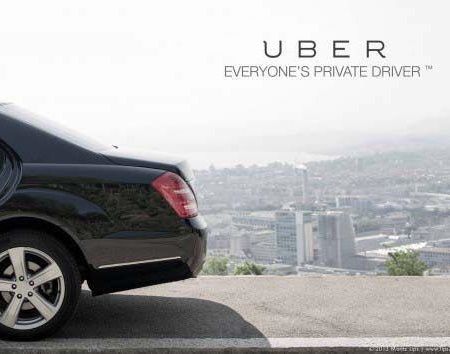The government’s new taxi law could end up being the final nail in the coffin for Uber’s ambitions in Denmark.
Among other changes, the new law stipulates it will become obligatory for taxis to have seat sensors, video surveillance and taxi meters.
“With this new agreement we’ll get a new and better foundation for controlling the tax proceeds of taxi driving,” said the transport minister, Ole Birk Olesen.
“It also means we will continuously evaluate new and alternative technologies that could develop the industry even more in the future.”
READ MORE: Uber drivers fined for operating unlicenced taxis at Copenhagen court
Uber’s undoing?
But the new deal, which attracted a majority backing in Parliament thanks to support from Socialdemokratiet and Dansk Folkeparti, threatens the existence of Uber, according to the head of Uber in Denmark, Carl Edvard Endresen.
Endresen told Metroxpress newspaper he was “extremely disappointed” with the new law, which he saw as a step backwards for transportation options in Denmark.
However, Nicolai Jørgensen, the head of the association for Uber drivers, showed little concern in the wake of the law.
“It doesn’t change anything and we’ll keep driving,” Jørgensen told Metroxpress.
Jørgensen contends that Uber isn’t even covered by the taxi law as it, in his opinion, doesn’t operate a taxi company, but a carpooling system using private cars.
He pointed out that EU courts are currently processing a case regarding the same issue, and that should they rule in favour, Uber will probably be green-lighted on Danish roads.
Uber has clashed with the Danish taxi drivers, unions and authorities since hitting the streets of Denmark in 2014.















